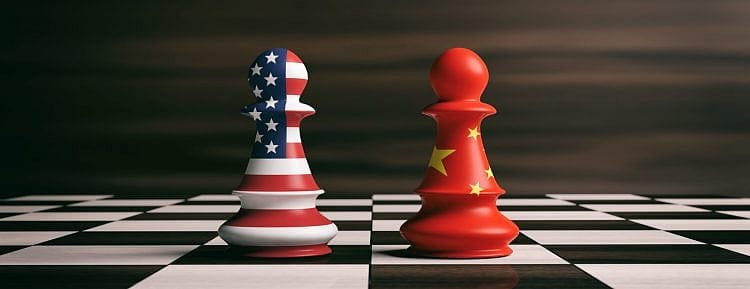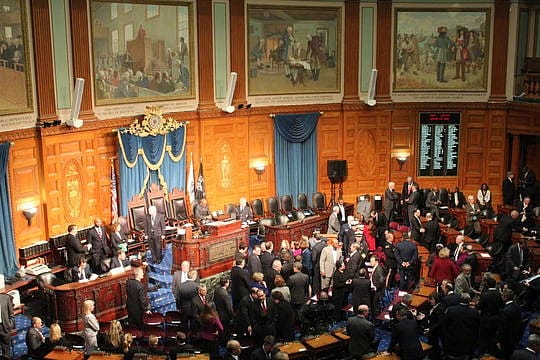Is the ‘Party’ in Houseparty App the Chinese Communists?

For all the attention paid to the boom in use of the videoconferencing app Zoom, the big winner of the coronavirus lockdown so far may be a less work-oriented, more social Zoom competitor called Houseparty.
Bloomberg News reports that Houseparty has "been one of the most popular social-networking apps in Apple Inc.'s store every day since March 20, and co-founder Sima Sistani told Bloomberg News in mid-April that it had seen more than 50 million sign-ups in the past month."

